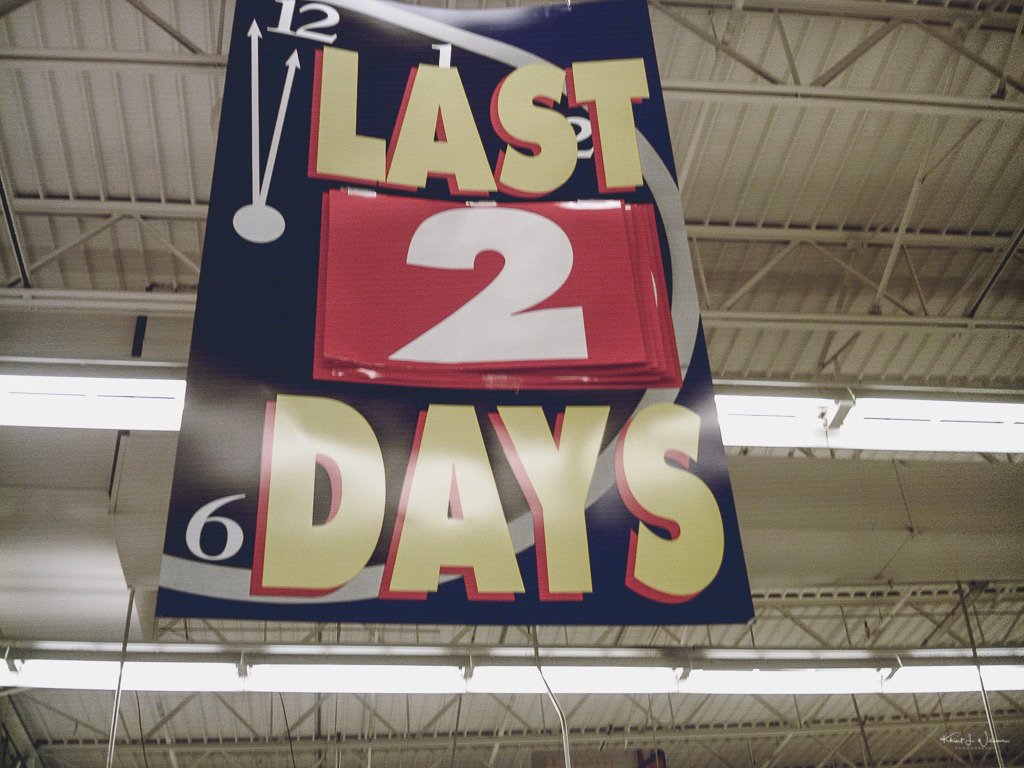By: Catie Staff [Staff Writer]
Balancing paychecks and writing checks are a key part of growing up and becoming a high- school student, but there is a limit to how much responsibility teens should be given when it comes to money. Credit card spending habits created when teens are young will lead to life-long spending habits.
According to the American Council on Education (www.acenet.edu), 43% of freshmen entering college own a credit card. This shows that students are getting credit cards while they’re still in high school, which is only a good thing when the students have an actual paycheck to spend. Students getting a credit card without proper funding are making a mistake, especially when that student doesn’t have to work at all to earn his money.
It takes a responsible teen to say no to a shining, new card that has no record on it. So many teens are clueless about credit card debt and how easily it can add up. No one says anything about compound debt (debts owed for previous debts). Students shouldn’t be able to reach into a bottomless pit of “money” on credit to buy anything they want. No money means that there is absolutely no money, and it’s dangerous to start dealing with negative numbers so early in life.
When a student doesn’t have to work to earn spending money, they spend without an accurate sense of how much they have. According to Dave Ramsey, financial advisor, there is a psychological pain equated with handing over cash. A credit card diminishes that pain and makes is so much easier to swipe it and go.
Teens need educational classes such as Money Matters and Dave Ramsey’s Financial Peace Guide before they receive a credit card. Students should seek out a guide to finances before making decisions that will land them in debt and continue to plague them throughout college.







